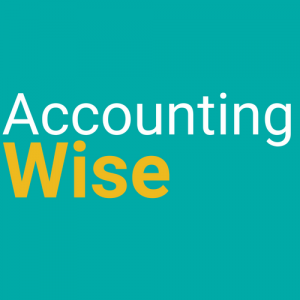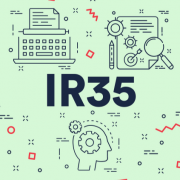Capital Gains Tax, What is it?
Capital Gains Tax comes into play when you make a profit from selling something you own. The important point to remember is that the tax is calculated on the profit you make, and not the amount you sold it for. As the name suggests, it’s all about the gain!
So, Capital Gains Tax is essentially a tax on any profit you made on the disposal of an asset and it applies to most assets when they’re sold. There are some exceptions, however – for example, your car, your main place of residence if you own your home, and personal possessions sold for £6,000 or under are all exempt.
You don’t pay Capital Gains Tax when you sell your car, unless you use it for business. There are also some complex rules for assets with an expected life of under 50 years.
Gifts
Capital Gains Tax also applies to assets received as gifts from other people (though not usually your spouse or civil partner). A valuation needs to be made of how much the asset is valued at when gifted, and if a capital gain arises when you dispose of the asset, tax is applied. There is tax relief available for gifts, so please speak with an accountant for more advice.
Inheritance
If you inherit an asset then you won’t have to pay Capital Gains Tax until you sell it. Once sold, you can calculate and if necessary report the gain on your tax return. You will need to know how much it was valued at the time you inherited. It can be a good idea to keep a record of these assets so that if you ever do decide to sell, you’ll have the necessary information to hand. This might also be useful in case you need to let your insurers know if an asset you inherit is particularly valuable.
How much can you currently gain before paying Capital Gains Tax?
For the tax year 2018/19, you were exempt from having to pay Capital Gains Tax on the sale of any assets if the profits made were less than £11,700. In the 2019/20 tax year, the tax-free amount is £12,000. This is known as the annual tax-free allowance or the Annual Exempt Amount.
If you don’t already complete a Self Assessment you will need to register with HMRC by 5th October following the end of the tax year in question to enable you to submit one.
Capital Gains Tax Rate
The following Capital Gains Tax rates apply for the tax years 2018/19 and 2019/20. You need to calulate your taxable income first as your tax rate depends on this:
- 10% or 20% tax rates for individuals (not including residential property)
- 18% or 28% tax rates for individuals for residential property and carried interest
- 20% for trustees or for personal representatives of someone who has died (not including residential property)
- 28% for trustees or for personal representatives of someone who has died for disposals of residential property
- 10% for gains qualifying for entrepreneurs relief.
Other rates and thresholds
The UK has many different tax rates affecting individuals and businesses. Check out the Tax rates, thresholds, and allowances for 2019/20 for more information.
Where can I get more help?
If you’ve got questions about tax and how it affects you or your business, you get an accountant.
At Accounting Wise, we offer a complete online accounting service. Get simple online accounting software, unlimited access to advice from expert accountants, and your very own client manager.
It’s everything you need to be in control of your business finances. And all from just £20 per month. You can call us on 0330 113 8442 or you can book a callback. We’ll be happy to discuss how we can help you.









